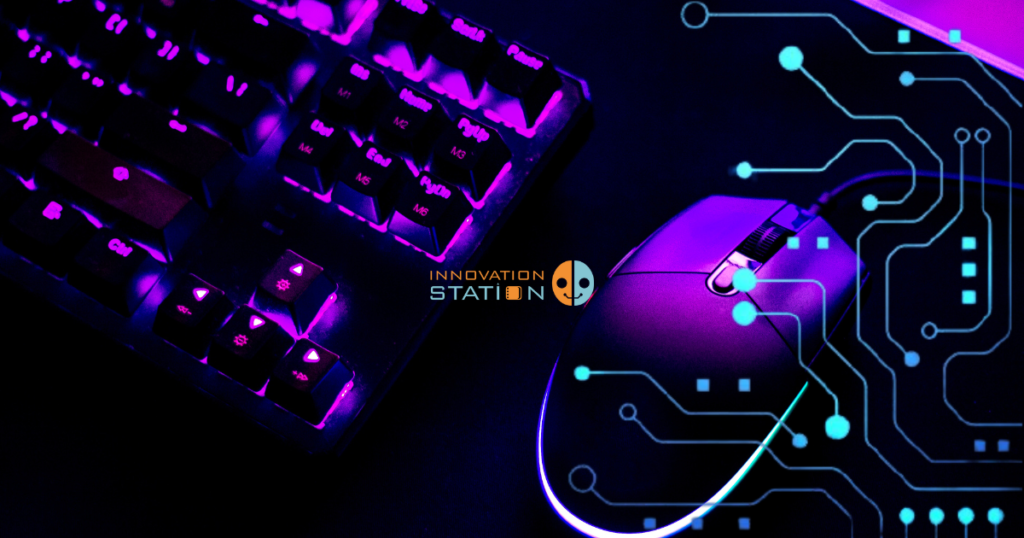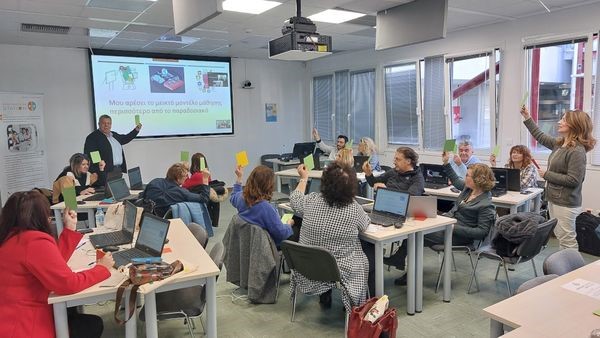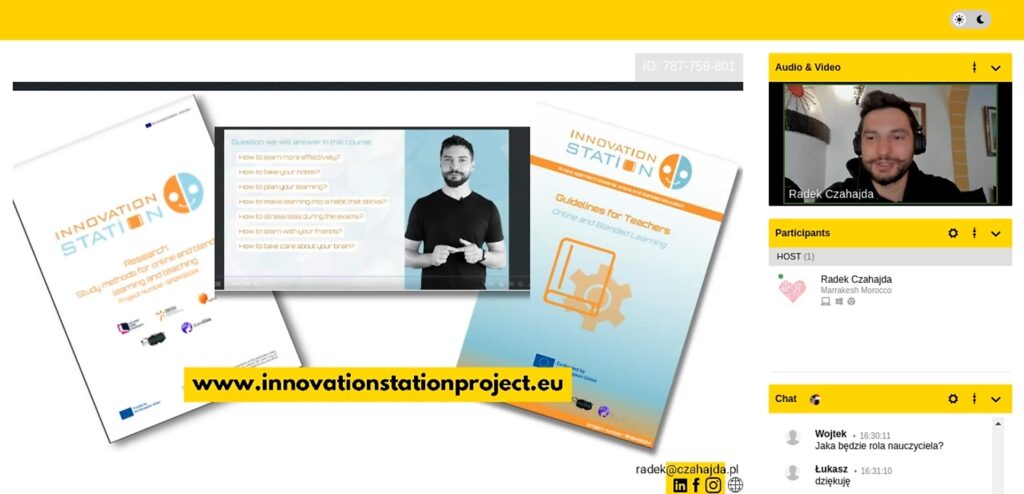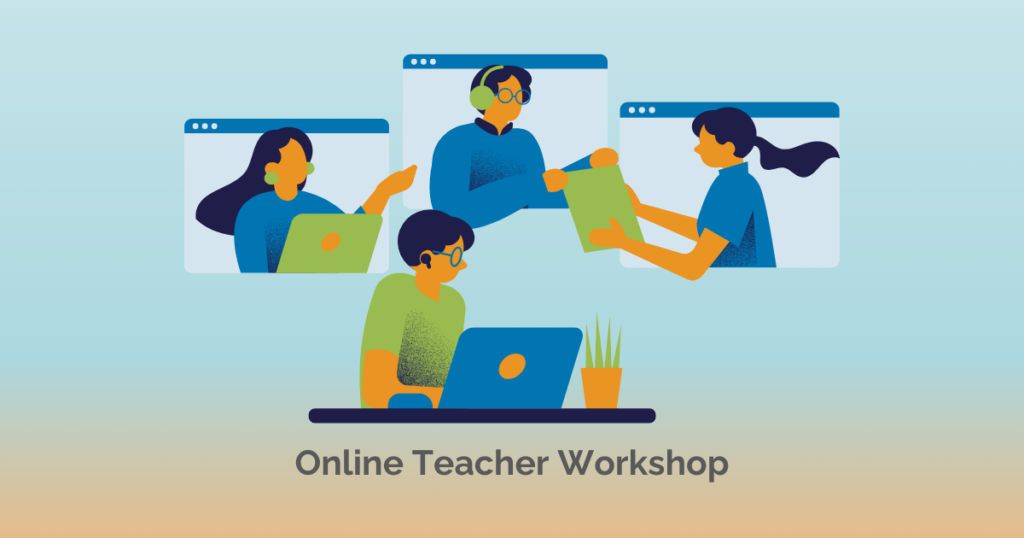School communities have experienced a radical change in the way education is delivered in the past few years. While these changes, such as remote, online and blended learning have undoubtedly expanded the reach of educational resources and experiences, there are still challenges ahead. It is imperative that in promoting new methods for delivering education at all levels we do not forget to lay strong foundations.
In order to make use of innovative tools, teachers, students and administrators alike need to be supported over a while. This entails training, financial resources and activities tailored to strengthen learning communities. New technologies should be welcomed but not at the expense of those that use them. Users of digital platforms should have clear information about the use of their data and governments should protect their citizens from seemingly free software that capitalizes on user’s data. Education should remain accessible, and become more accessible where it is not already.
Just like the Twin Transition has become central in achieving both the Digital and the Green transition, schools should be supported in multiple ways. If we can recognise their crucial role in every society, we must reconcile with the fact that it is complex and needs the right roles in order to keep functioning, leaving no one behind.
Students are not in school for one specific objective and schools should not be operating like factories or enterprises. Students and learners must remain central and safeguarded. If we want future generations to be better equipped we should look into the knowledge and needs of those that are here now. This means more representation of all the groups that make up a school. Their needs and insight are crucial to tackling issues, from the implementation of new technologies to the fight against social inequality. If schools are seen as the vessel of most social and societal changes, then we must equip schools with the resources to tackle a variety of issues simultaneously, instead of channelling resources into a few.
Written by: Sara Mandis






